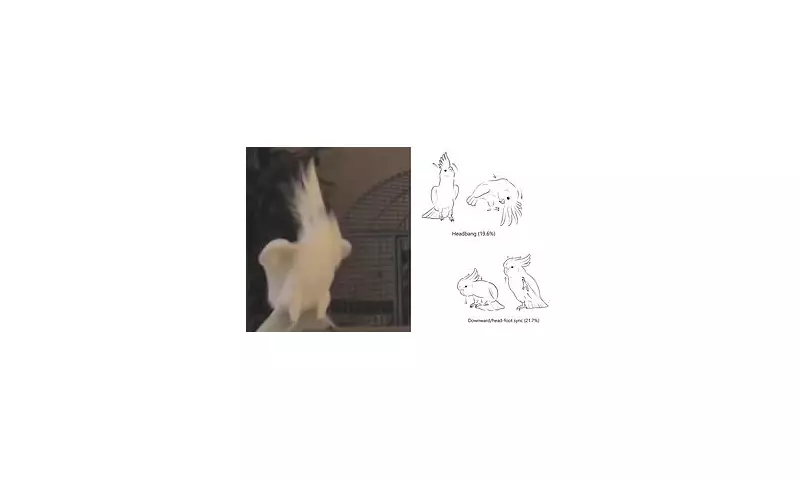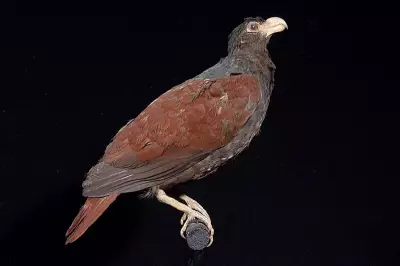
Move over, Strictly Come Dancing—there's a new star on the dance floor, and it's a cockatoo! A groundbreaking study has revealed that these charismatic birds possess a natural ability to groove to music, displaying rhythmic movements that suggest an innate sense of beat perception.
Researchers observed that cockatoos, particularly the sulphur-crested variety, spontaneously bobbed their heads, tapped their feet, and even swayed their bodies in time with musical rhythms. Unlike trained animals that mimic human actions, these birds exhibited genuine synchronisation, adjusting their movements when the tempo changed.
Why This Discovery Matters
This finding challenges long-held assumptions about animal cognition. While parrots are known for vocal mimicry, their ability to perceive and respond to rhythm suggests a deeper neurological connection to music—one previously thought unique to humans.
"It's not just about imitation," explains Dr. Anya Williams, lead researcher on the study. "These cockatoos demonstrate an intrinsic understanding of rhythm, which implies complex auditory-motor processing in their brains."
How the Study Worked
The research team conducted experiments with untrained birds, exposing them to various musical genres, from pop to classical. Key observations included:
- Head bobbing in perfect time with the beat
- Foot tapping that matched tempo changes
- Spontaneous movement when hearing music for the first time
Remarkably, some birds even developed signature dance moves, showing individual preferences for certain rhythms.
What This Means for Science
This discovery opens new avenues for understanding:
- The evolution of musicality across species
- Neurological connections between sound and movement
- Animal cognition and intelligence
As Dr. Williams notes, "We're just beginning to appreciate how deeply animals might experience and respond to music. The cockatoo's groove is more than entertainment—it's a window into cognitive evolution."
So next time you play your favourite song, don't be surprised if your feathered friend joins in—science says they might just have the moves!





